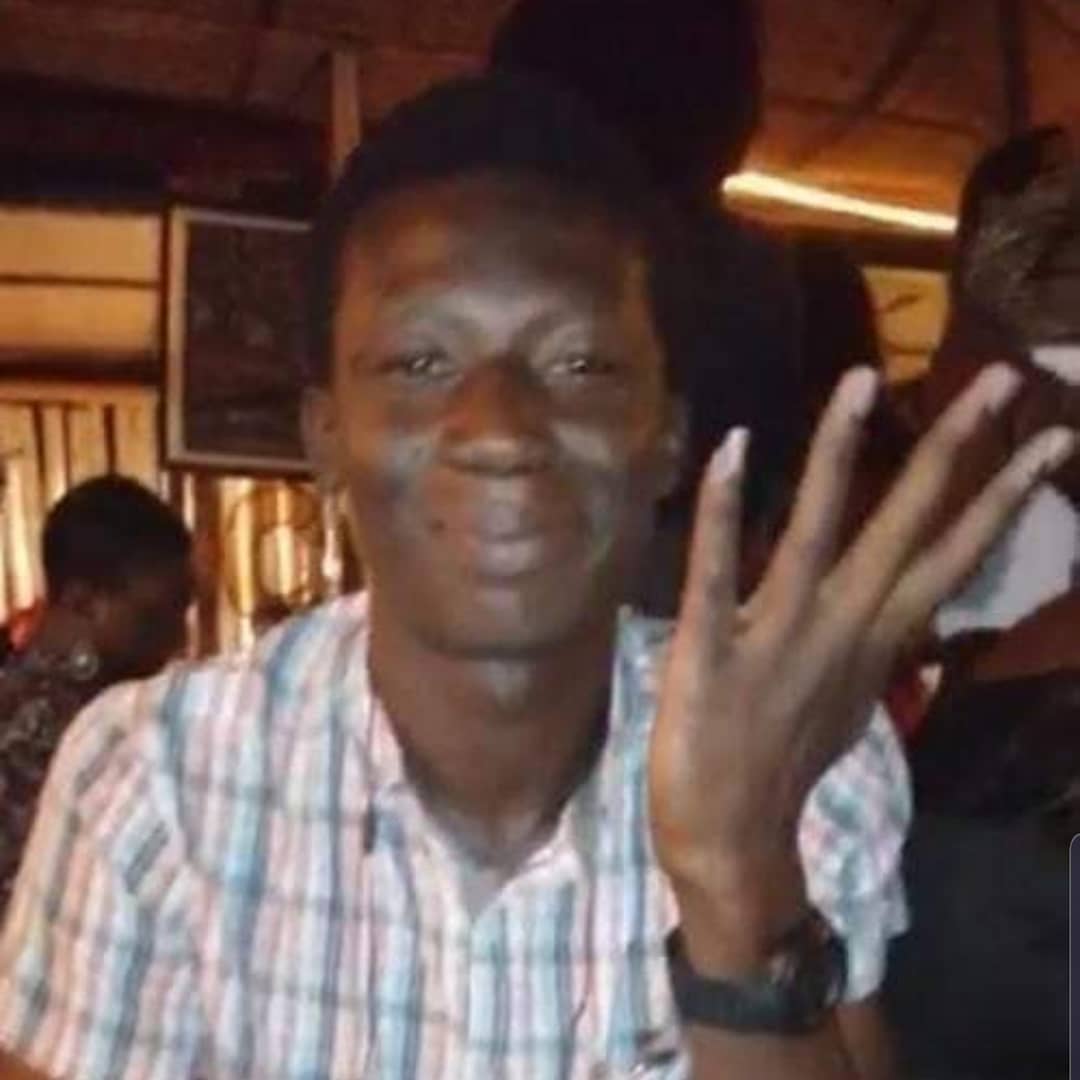Certain phrases in Nigeria carry weight. These spring from sociological and psychological influences. The mixture provides a survival cocktail which many Nigerians sip on a daily basis.
“I can’t come and kill myself” places itself on the stratum of phrases used. It simply means that the individual in question chooses not to die carrying out a task or sets of tasks. It encourages haphazard work, mediocrity in service, and half-baked actions. Here, you go to a Domino pizza, Lekki, and the customer attendant eyes you, takes your order and sluggishly goes to the kitchen while humming these words under his breath, “I can’t come and kill myself.” In many Nigerian institutions, this phrase is the mantra for survival. Go to a public hospital in Lagos and these phrase leaps to your face in great doses. What follows after this particular phrase is interesting.
It is: “I die there.” The difference here is the activity is pleasurable. Quite often, because the pleasure is immeasurable, the individual concludes that death is the only thing that can stop him from the task. It can be in the mastication of good food or in copulation.
There are two vital takeaways here. One, one must not mistake one for the other. Because that becomes dangerous. One can’t mean to say “I can’t come and kill myself” and mistakenly engage the “I die there” forces.
Any Nigerian employee understands these two terms well and uses it interchangeably per time. Understanding the mathematics behind these phrases is a key tool in surviving the dynamics of the Nigerian machinery.
Unfortunately, Precious Owolabi, the Nigerian Corper, who was described as a budding journalist, was killed in the line of duty during the recent Abuja protest. In our context, he “died there.” Meaning he gave his work his all, he derived pleasure from journalism and he paid the ultimate price for it. Had he employed the “I can’t come and kill myself” ideology maybe he would have saved himself.
His case shows that existing in Nigeria borders on these two spectacular phrases: “I can’t come and kill myself” or “I die there.”
To be a hero in Nigeria comes at a cost. Nigeria swallows its own futures and always show that there is not one reason to put one’s life on the line for her. Precious Owolabi would enter the registers of fallen Nigerian heroes who died in duty and wouldn’t be remembered. It’s a sad tale. It is such stories that inspire the formidable and yet embarrassing phrase “I can’t come and kill myself” which is used by a majority of Nigerian youths.
Changing the Nigerian narrative might indeed require the “I die there” mentality. Or maybe not.
I’m on twitter: @moshoke

